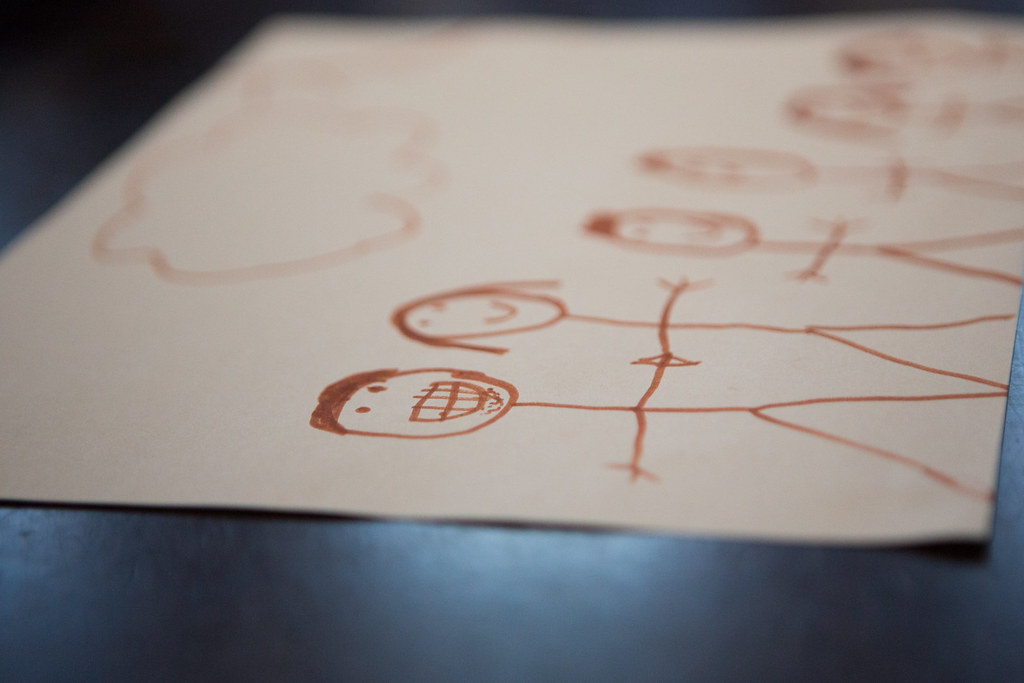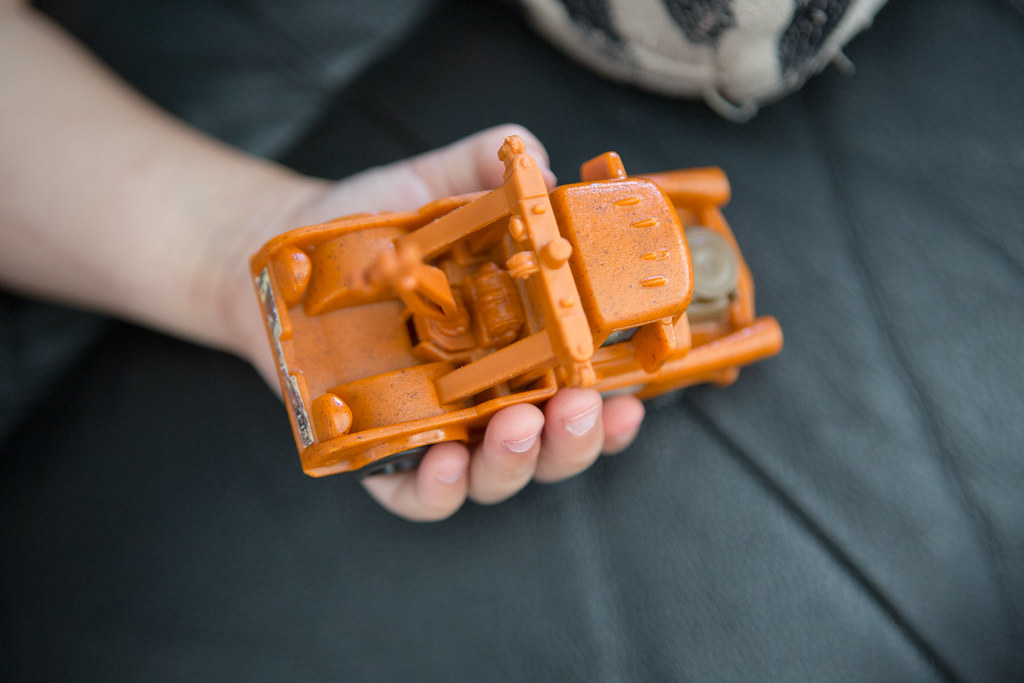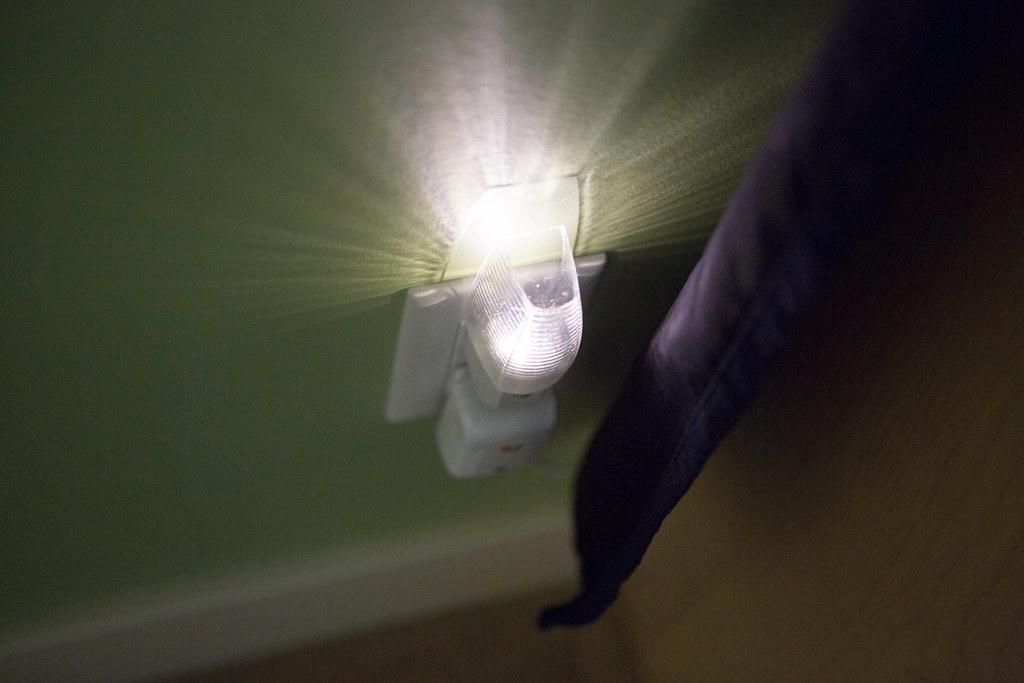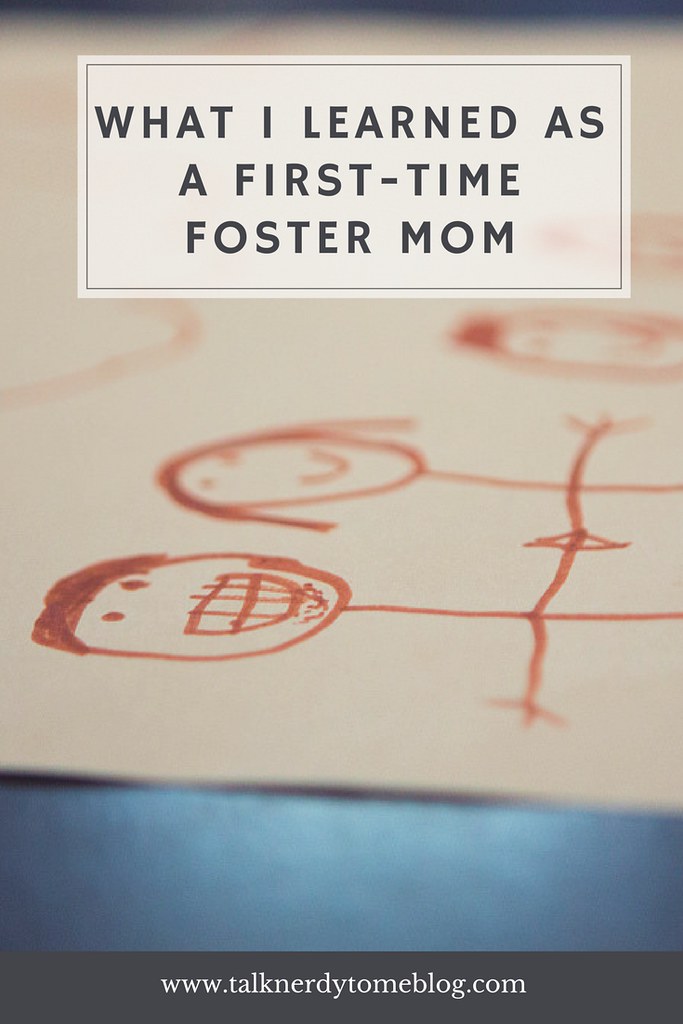I am a resource gatherer. When I find myself in a new situation, I like to find out all my options for navigating it. What do my friends do? Who are the experts and what do they do? What books are recommended? Podcasts? Videos? Although it can be overwhelming, it works for me. As much as you read into something before it happens, you don't know how you will be feeling and what factors will affect you. I also like to record thoughts and experiences; it allows me to look back and see where I was and how far I've come (or not.) We always think that we'll remember just how things were, but somehow, that's usually harder than we think. I write this to remember, to inform, and to share with others who may be heading out on the same journey.
These are the things I learned early on as a first-time foster mom:
1. There will be multiple plans in place – A,B and C – when a child is removed from their home. We were called several times once we were active just in case Plan A or B did not work. You might be open to children aged three to six, but with limited homes, you will likely be presented with a child outside of your preferred range (except for a child under the age of one as you need Safe Babies Training for that.)
2. There are many people involved with many appointments. There's my own social worker (called a Resource Social Worker), the child's social worker, the child, birth family (including extended and all it's intricacies), doctors, lawyers, teachers, child development team, respite care etc. There is also a lot of paperwork to fill out. Write down every phone number and email address that you think you may ever need because you will need them.
3. It can happen very quickly. Usually as a foster parent, you get a phone call where the child is described to you (as much as they know) and then you need to make a decision within the hour. Once that decision is made, the child can be in your home almost immediately.
4. Transitions can be tough. Find out what makes them feel safe. For example, holding a special toy as they go into the car or bath or bed. Figure out if they prefer to be held in your arms or holding your hand when moving into a new situation. Take your time in those transitions to make them feel safe.
5. It is lonely. I am a very open book. I like to share, share, and share some more. To keep my own life private is difficult because I work through feelings by letting them all out. I love community. Find "your people" who are your listeners, resources, pray-ers, and encouragers. You will likely cry a lot in the first few days due to exhaustion and the sheer magnitude of all of the layers involved.
6. You can make a difference in a short amount of time. The hours and hours spent with the child will slowly allow them to trust you and they will begin to feel safe. Smiles and giggles may be seen and heard sooner than you think. They will "thaw out" and their true personality will start to emerge.
7. Your biological kids may pleasantly surprise you with all their love and compassion; they may even offer up their own comfort items to the child. They will initiate new games and connect to the child in a different way than you might. This is truly special to be a part of and I'm pretty sure Kai was the recipient of the first smile.
8. Food is your friend. Find out what they love and stock up; be sure to take favourite snacks along with you. Keeping blood sugar levels regulated is so helpful with their behaviour, just think about how you feel when you're hungry or thirsty.
9. Like parenting any child, there is no "right way" to do things. There are wrong ways – physical discipline is not okay when fostering. Sleep is a big tricky one. Do you stay with them as they try to sleep? If so, how long? When do you try to get them to self-soothe? Listen to your gut and heart and err on the side of softness.
10. Routine. Routine. Routine. My lack of spontaneity has come in handy.
11. The nights are difficult and likely harder than you think they will be. It takes a while for the child to feel safe and that is a must before they will have a good (or decent) sleep and therefore YOU having a good night's sleep. A routine before bed along with a nightlight, white noise, and comfort item all help, but usually your presence in their room, until they are asleep, is best (this is the conclusion that I came to after weighing all the options and advice.) You can read or be on a computer, but just be in the room. My friend suggested that I rethink this time because I was feeling like my "me time" was gone. Now I see 7-9 pm as my time to work uninterrupted (in a dark room) on the computer, catch up on emails, or read a book. Hopefully this "me time" in the dark doesn't go on for too long though, I would like to be able to go out at night. We are also experimenting with essential oils.
12. You will celebrate some seemingly small milestones. For example, if a child finally holds a toothbrush after screaming any time it gets near, celebrate. If they then let you make brushing motions outside their mouth, cheer! And if they let you brush their teeth for the first time, that means they are feeling a whole lot safer with you. Cheer and celebrate and they'll likely let you do it again.
13. Self-care. You cannot care well for others if you are not looking after yourself emotionally, physically, and spiritually. Accept and ask for help. Care often falls on the woman because the child may feel more comfortable with females; make sure your partner knows how to help you. I am so incredibly thankful that Gary is home for the next month!
14. Thoughts and feeling will vary especially at the very beginning. From "I don't think I can stand this child one minute longer" (usually at 3 am when they've been crying off and on for hours) to "I love this child and can't imagine them leaving" so make sure you have a sounding board. If you have to, leave the child in a safe place for five minutes, vent as much as you need, and go back in.
The learning never ends, and fortunately, I love new ideas and information. The tricky part is who or what to listen to (as in any situation) but if you take all advice given, and work it so that it fits your life and heart, you can find a plan that works. And prayer, oh boy, I don't think I've ever prayed so much or asked so many people for prayer.
This is just the beginning for us. I wonder what my "What I Learned After Being a Foster Parent For a Year" post will look like! If you have general questions about fostering, I can try to answer them.
Love,
Louise
Pin here for later:
PS Here are some great videos to watch on adoption and fostering children from hard places.
.jpg)




This is great! Thanks for sharing :)
ReplyDeleteThanks bethany!!
DeleteWhat a journey!! This child is in such a loving home! I love hearing more about fostering! Will definitely be praying for some extra patience and a good nights rest!
ReplyDeleteI like our home :) I will definitely be sharing more and thank you for the prayers!!
DeleteWhat a beautiful thing you guys are doing. This child is so lucky to have such a thoughtful and loving family!
ReplyDeleteThanks, Katrina! I wish I was younger and therefor had more energy!!
DeleteLouise, I can't express just how touched I am by knowing that you have opened up your family and your home for a child(ren) who are in such hard places right now! What a blessing you are to them! I will be praying that your family will feel strengthened and blessed through this as well! I look forward to hearing more about this as the weeks go by!
ReplyDeleteLori-Anne
You have certainly learned a lot in this short amount of time - so awesome! I agree with the others that this child is certainly in a great home right now! :)
ReplyDelete